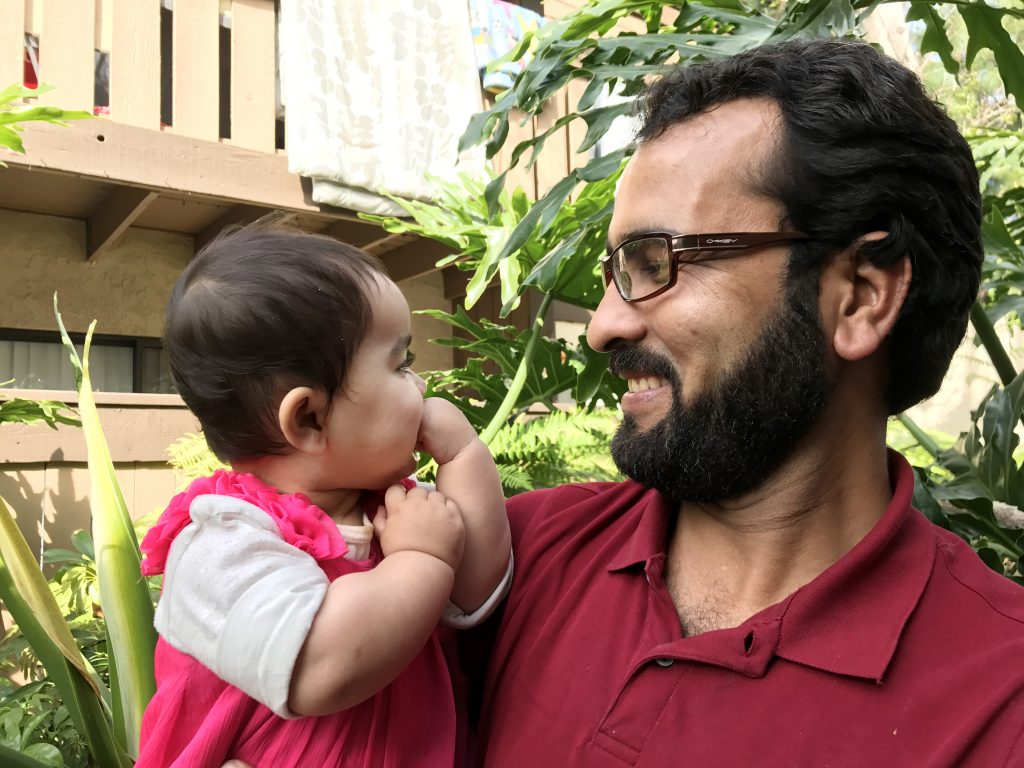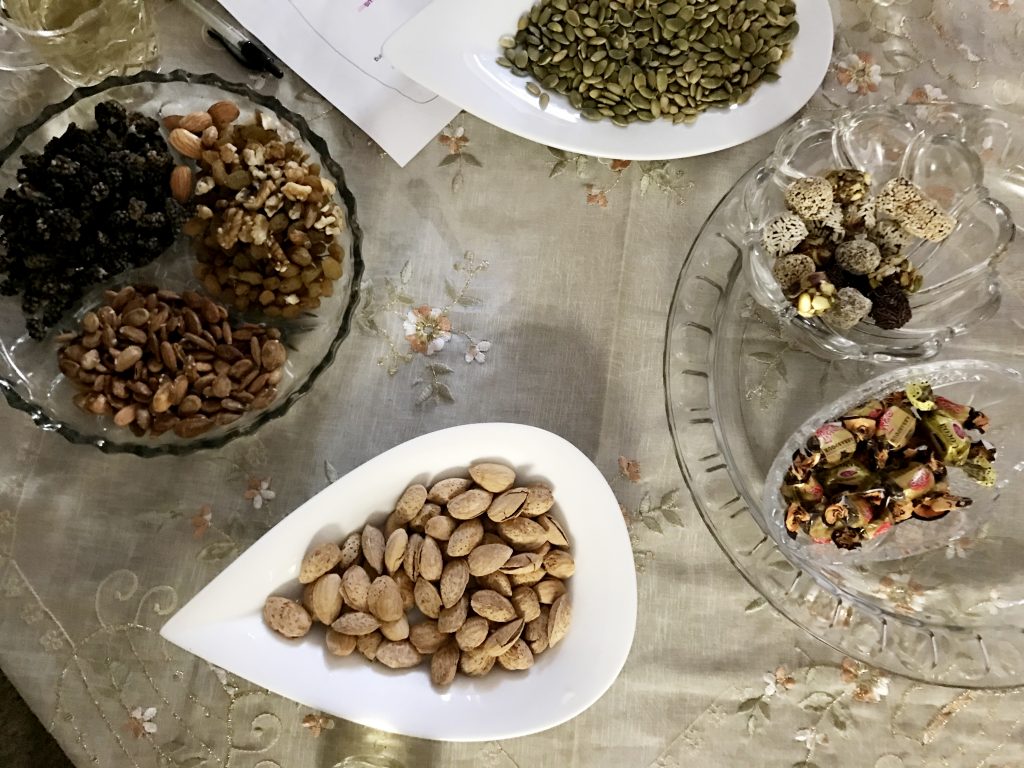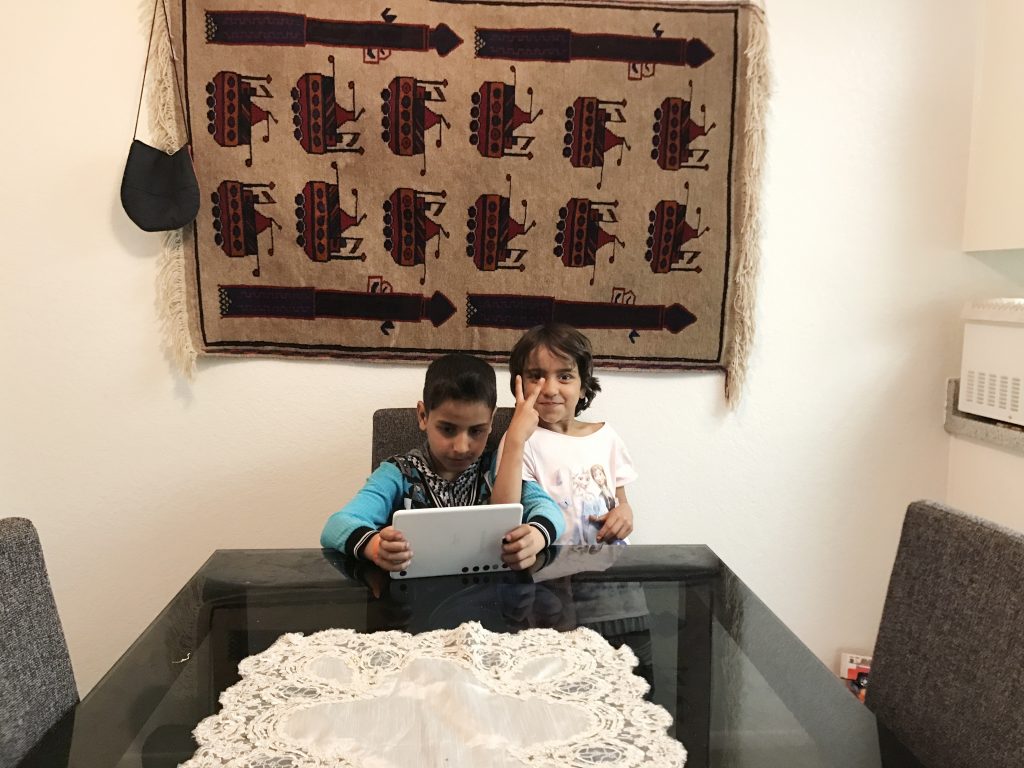
Shir Wakili’s first few days in the United States were a shock. Even simple tasks turned into awkward situations. “My wife… she can’t speak English,” Wakili says. “(If) we go together to a store or a park… anywhere there (are) a lot of women… my wife says, ‘What are you doing!? I should learn English to know what you say to the girls!’”
In Afghanistan, men and women rarely interact in public.
Wakili, his wife Golandam, and their five children have been navigating sticky situations since they arrived in January.
The Wakilis are refugees. Shir Wakili worked with the American government on community outreach projects in Farah, Afghanistan. The Taliban in that region condemned him for working with the Americans.
“They say to us that you are American citizen… you are not working for Afghanistan… we will kill you,” Wakili says. The Taliban attacked his family twice, injuring his father. He felt he had no choice but to seek refuge for his family.
That refuge came in the form of a one-bedroom apartment in Westminster, Calif.
“Welcome to our apartment… we say… poor apartment… we don’t have anything more… but we try to (be hospitable) to our guests,” Wakili says as he gives a tour of his family’s new home. The apartment is cramped for a family of seven, but the Wakilis are making d0.

But the family’s first few nights in America were stressful. They arrived in their new apartment to find it without many basic necessities like beds or a refrigerator. Through the help of a local organization called Miry’s List, the Wakilis were able to furnish their apartment. “Anything you know is in my home… she sent me… anything,” he says of Miry’s List founder Miry Whitehill-Ben Atar.
One of the few possessions that Wakili brought from Farah is a rug that hangs on the wall behind the family’s small dining table. It depicts engines of war – tanks and rockets – that have become woven into the history of Afghanistan. Speaking through an interpreter Shir says, “Different Afghan homes have different ways of reflecting the experiences that they’ve had but we have all experienced war.”

In Afghanistan, buildings destroyed by past wars dot the landscape; a permanent reminder of violence. But when he looks out his window in Orange County, he’s struck by the natural beauty of California. “We have beautiful places in Afghanistan too… (but) not so beautiful like here… here all things is (sic) beautiful… green… trees, flowers.”
He says, “When we came here [we] felt safe… It’s a new chapter of my life. (W)e started our life from zero… all things (are) hard… but we need to work hard to solve the hard problems.”